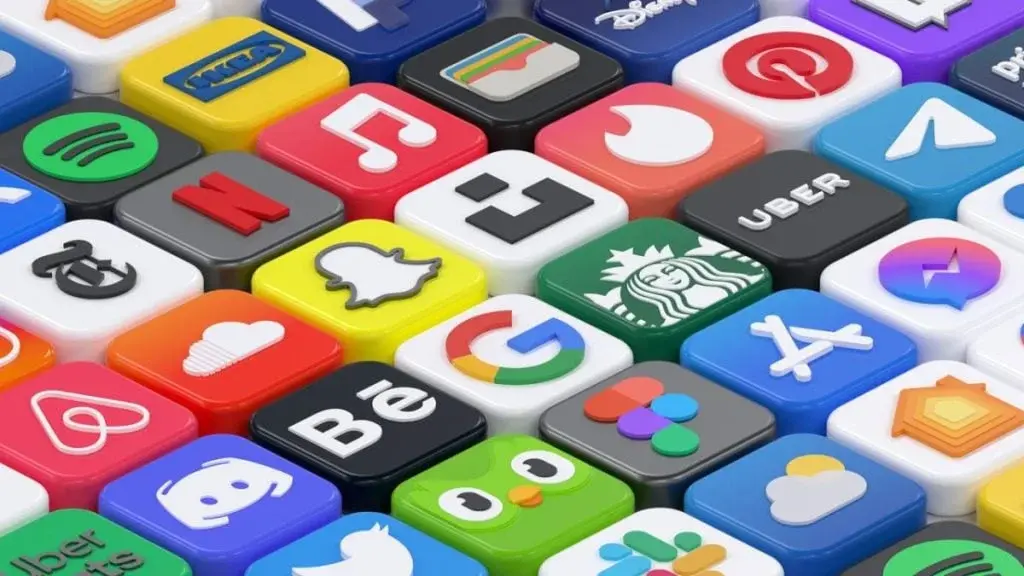Apple Relents on Sideloading APKs on iPhone Following EU Ruling
Apple, known for its strict regulations and oversight, is now facing a new challenge to its App Store monopoly. In a European Union ruling, Apple has been forced to implement new rules that will allow iPhone users to install APKs, or Android Package Kit files, on their devices. This move comes after Apple switched from the Lightning port to the USB-C port in its iPhone 15 series, following another EU decision last year.
Opening Up New Possibilities for iPhone Users
For Android users, installing applications outside of the Google Play Store using APK files is a common practice. However, iPhone users have been limited to Apple's rules and the App Store as their only source for apps. But with the new ruling, the ability to install APKs on the iPhone will soon become a reality.
It's important to note that when we refer to "installing APK on the iPhone," we are using familiar terminology. APK files are specific to the Android platform, while the iOS equivalent is IPA, or iOS App Store Package files. Both file types contain the application's code, images, and resources.
The Digital Markets Act and Sideloading
The European Union's Digital Markets Act, which came into effect on November 1, 2022, allows Apple users to sideload applications on their iPhones. Sideloading refers to the installation of applications outside of the official app store. While the law is already in effect, Apple has requested additional time to implement the feature, citing system readiness. The EU has granted this request, with the condition that the feature be introduced no later than the iOS 17.2 update in 2024.
Apple's Dilemma and Concerns
Apple has the option to not comply with the EU rules but doing so could result in penalties amounting to 20% of its global revenue and even a ban on sales in Europe. Therefore, the tech giant has no choice but to adhere to the ruling. However, Apple has expressed concerns about sideloading.
One of the main concerns for Apple is the potential disruption to the App Store economy. The company may argue that sideloading could lead to security vulnerabilities, as iPhones are currently considered more secure than Android devices due to their closed-system design. Allowing users to install apps from external sources could potentially change this.
Another aspect is the financial impact on Apple. The company currently takes a 15% to 30% commission from the earnings of all applications on the App Store. This commission, known as the "Apple Tax," contributes to Apple's revenue. If app developers can bypass the App Store and avoid this commission, it could have significant financial implications for Apple. However, opening the door to pirated installations could also pose challenges for app developers.
The Future of Apple and App Store Developers
The future implications of the EU ruling on Apple and App Store developers remain uncertain. While the ability to install APKs on the iPhone is a positive development for users, it raises questions about the potential consequences for app developers and the overall App Store ecosystem. As Apple works towards implementing the new rules, the tech giant will need to find a balance between user freedom and maintaining the security and stability of its platform.


Leave a Reply